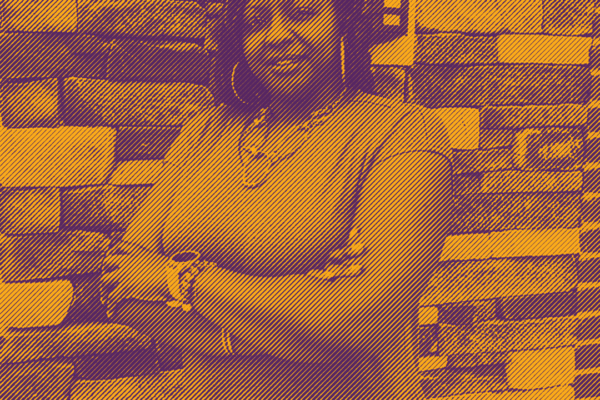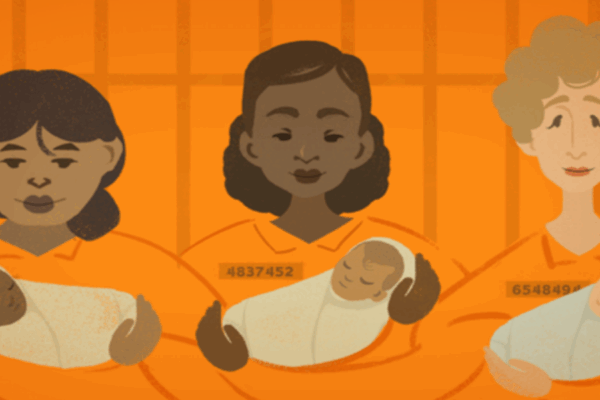BALTIMORE, MD – Featuring Qiana Johnson, the Executive Director of Life After Release, discussing the importance of pre-release centers for women, the eighth episode of Thinking Freely highlights issues facing women exiting the legal justice system this Women’s History Month.
In every episode, Thinking Freely highlights issues and passionate activists from Maryland who are advancing social justice. This podcast brings more awareness to these issues so that the audience can connect with what is going on in Maryland – and beyond -- and hopefully make an even bigger impact on lives, for themselves and their communities. Last month’s episode focused on two Officers of Color who filed a lawsuit in federal court challenging racist patterns and practices, retaliation, and unconstitutional conduct in Prince George’s County Police Department’s. In this month’s episode, Thinking Freely will focus on what women who are exiting the legal justice system, need in order to thrive in their communities.
Our prison system was designed to incarcerate men. Women are seldom part of the conversation when it comes to mass incarceration or legal justice reform. Women in Maryland have ZERO minimum security pre-release facilities, while men have nine. It’s unequal that women do not have nearly the same access to re-entry services that men do.
Qiana Johnson said: “Think about it like a goldfish. The goldfish comes in a bag and it has room temperature water. And if you don’t sit that bag in the bowl of water that it’s going to be living in, if you just pour that fish into that water, it’s going to die because it’s going to be shocked by going from that one environment into the other environment where the climates are a little different. So, if you think about a prerelease center, the prerelease center is basically that process of putting that fish into another water so that it can acclimate itself.”
When these women come back to society, and the majority of them will, they will face enormous barriers to a successful transition, like housing and employment. This is why dedicated pre-release facilities would help women adjust back into their communities.
Qiana Johnson said: “What I want people to know about incarcerated women is that we are human beings, a lot of us are mothers, a lot of grandmothers incarcerated. There are women who are nursing their babies in prison. We are a large part of our communities. When you incarcerate a woman, you incarcerate an entire community of folks. There is a different level of harm that is caused when a woman is separated from her children and her community. When you do that, you are affecting a whole community of folks.”
To understand the great need Qiana and her partners are working to address, she believes we have to acknowledge that most women who are incarcerated are mothers, and 75 percent of them are the primary or sole caretakers of children. Their incarceration tears families apart and has catastrophic impacts in our communities. To truly fix the inequality that women in jail are currently facing, we need to provide equal and sufficient re-entry services to all people returning from Maryland prisons.
Thinking Freely informs Marylanders on what is going on locally and gives a platform for other Marylanders to voice how they are making an impact in the community. Listen to this episode of Thinking Freely and learn about what is going on in your community! Listen here.
EPISODE 7: Women Exiting Incarceration Demand Better
###
Related Content

Men Have Nine Pre-Release Centers. Women Have Zero.
Stay Informed
Sign up to be the first to hear about how to take action.
By completing this form, I agree to receive occasional emails per the terms of the ACLU’s privacy statement.
By completing this form, I agree to receive occasional emails per the terms of the ACLU’s privacy statement.

